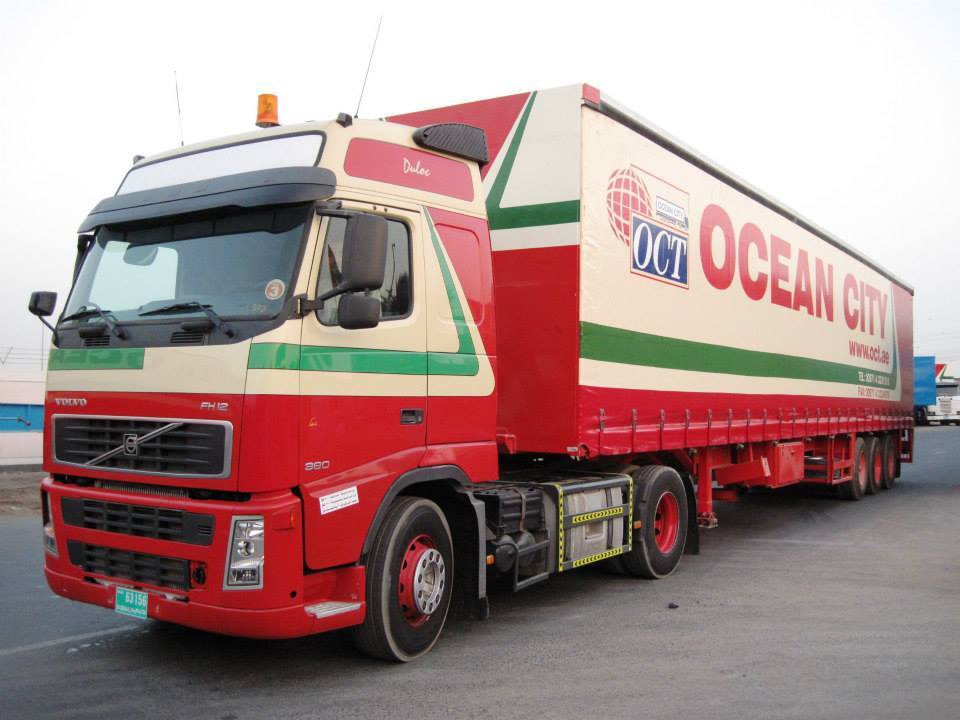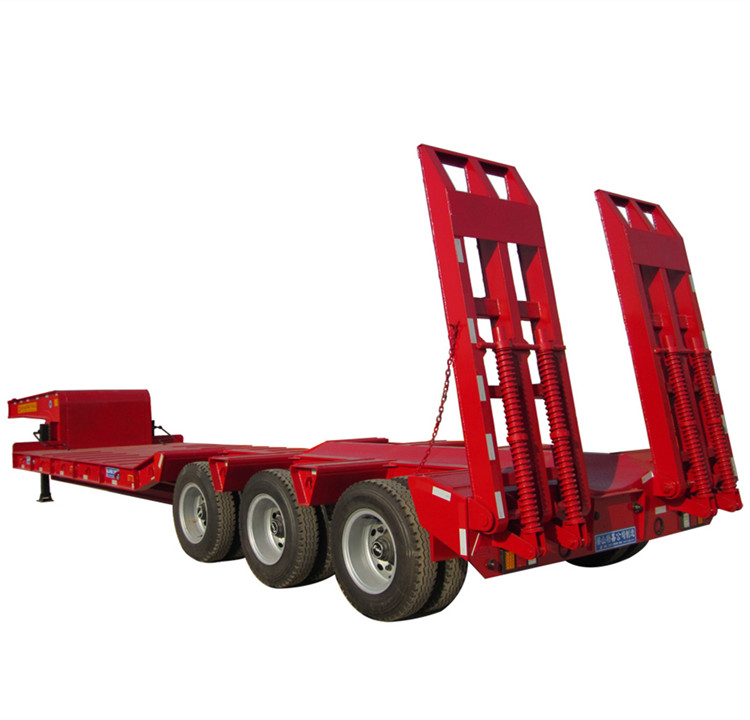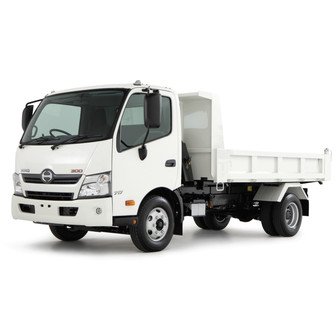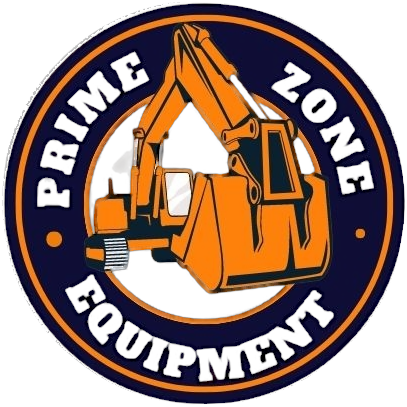Application of Trailer
It is frequently utilized in the shipping of a variety of commodities and components. There have been periods when people have referred to recreational vehicles, travel trailers, or mobile houses with limited living capabilities as trailers. All of these are places where people can camp or stay. In times past, many of these kinds of vehicles took the form of towable trailers.
Some trailers are designed for individual use (or for use in small businesses) and can be hitched up to virtually any motorized vehicle with the appropriate hitch. Other trailers, however, are designed to be part of large trucks known as semi-trailer trucks and are used for the transportation of cargo.
Types of Trailer
It is possible to pull an enclosed toy trailer or a motorbike trailer with a van or a pickup truck, both of which are quite easy to come by and do not, in most cases, require a permit in addition to a standard driver’s license. Simple trailers, as well as other specialized trailers such as open-air motorcycle trailers and bicycle trailers, are typically much more compact and may be towed by automobiles of a more compact size. They also typically feature a draw bar and travel on a single axle. Other types of trailers, such as utility trailers, travel trailers, or campers, are available in single-axle and multiple-axle configurations so that they can be towed by a wide range of automobiles.
There are also extremely specialized trailers, such as gen set trailers, pusher trailers, and other sorts that are used to additionally power the vehicle that is being towed. Other booths are purpose-built to accommodate full kitchens along with other kinds of specialized apparatus that are utilized by carnival merchants. In addition, there are trailers available for transporting boats.
Stability of a trailer
It is possible to define trailer stability as the tendency of a trailer to dissipate motion in a side-to-side direction. The first motion could have been induced by aerodynamic forces, such as those produced by wind from the side or a car going past. The location of the center of mass concerning the wheels is one of the most popular criteria for determining stability. This location may often be determined by measuring the tongue weight.
If the trailer’s center of mass is located behind its wheels, it will almost certainly be unstable since it will have a negative tongue weight. Another component that plays a role, albeit one that is not as frequent, is the trailer’s moment of inertia. A trailer with a long load and a large moment of inertia is more likely to be unstable, even if the center of mass is located in front of the wheels.
Product Review
Our trailers offer a respectable maximum load capacity. In order to determine the trailer’s maximum load capacity, you need to be aware of the purposes for which it will be utilised.










